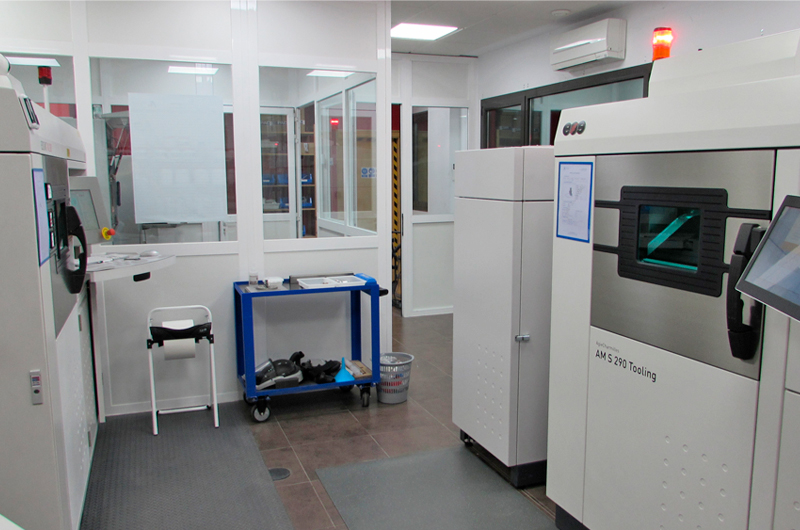
3d printing manufacturing
3d printing manufacturing
3d printing manufacturing.
Is an innovative and revolutionary technology that enables manufacturers to produce products with unprecedented speed and accuracy. It utilizes 3D printing technology, which creates three-dimensional objects from a digital file, to quickly and accurately create components for industrial products.
One of the key advantages of 3D printing in manufacturing is its ability to revolutionize the production process. Traditional manufacturing methods often involve subtracting material from a larger piece, resulting in waste. In contrast, 3D printing adds material layer by layer, reducing waste and allowing for more efficient use of resources. This is particularly beneficial for creating complex and intricate components that would be challenging or impossible to produce using traditional methods.
The speed of 3D printing is another significant advantage. Traditional manufacturing processes may involve multiple steps, including tooling, molding, and assembly, which can be time-consuming. 3D printing allows for the rapid production of components, significantly reducing lead times. Manufacturers can quickly respond to customer demands, adapt to design changes, and bring products to market faster.
Quality control is enhanced through 3D printing manufacturing. The digital nature of the process ensures a high level of precision and consistency in the produced components. This is crucial for industries where tight tolerances and accurate dimensions are paramount. Additionally, the ability to create prototypes and test products before mass production allows for early identification of potential issues, contributing to better quality assurance.
The versatility of 3D printing enables manufacturers to create highly complex components and shapes with accuracy that was previously unattainable. This opens up new possibilities for design and innovation. Manufacturers can explore intricate geometries and lightweight structures that optimize performance without compromising strength.
Furthermore, 3D printing is not limited to a specific industry; it has applications across various sectors, including aerospace, automotive, healthcare, and consumer goods. The technology is adaptable and can cater to the specific needs of different manufacturing processes.
In summary, is transforming the way products are created and manufactured. It offers manufacturers the ability to produce highly precise components with faster turnaround times, reduced waste, and improved quality control. As technology continues to advance, the impact of 3D printing on traditional manufacturing methods is expected to grow, paving the way for even more innovative and efficient production processes.




